Back
SHIV DIXIT
CHAIRMAN - BITEX IND... • 1y
📖 DAILY BOOK SUMMARIES 📖 🚀 17 Lesson From 👉 🔥 The 7 habits of effective peoples 🔥 ✨ By Stephen R. Covey ✨ 1. Be Proactive: • Take responsibility for your actions and reactions • Focus on what you can control, not external circumstances • Act based on values, not emotions or external events. 2. Begin with the End in Mind: • Define a clear vision for your life and goals. • Visualize the desired outcome before taking action. • Align your actions with long-term objectives and values. 3. Put First Things First: • Prioritize tasks based on importance, not urgency. • Focus on what brings long-term results (Quadrant II activities). • Manage your time effectively by addressing key priorities. 4. Think Win-Win: • Seek mutually beneficial solutions in all interactions. • Aim for agreements that are good for both parties. • Cultivate an abundance mindset, where cooperation leads to success for everyone. 5. Seek First to Understand, Then to Be Understood: • Practice empathetic listening to truly understand others. • Focus on listening without forming a response or judgment. • Once you understand, communicate your own perspective clearly. 6. Synergize: • Leverage the strengths and perspectives of others. • Collaborate to create solutions better than individual efforts. • Embrace diversity and teamwork to achieve more together. 7. Sharpen the Saw: • Regularly renew and refresh your physical, mental, emotional, and spiritual health. • Balance self-care with continuous learning and improvement. • Keep yourself in shape to handle challenges effectively. 8 . The Maturity Continuum: • Covey explains that individuals progress from dependence (relying on others) to independence (self-reliance) and finally to interdependence (working with others for mutual benefit). The 7 habits are designed to help individuals move towards interdependence. 9. Emotional Bank Account: • Covey introduces the idea of an emotional bank account, which refers to the trust level in relationships. Positive actions (deposits) build trust, while negative actions (withdrawals) deplete it. 10. P/PC Balance: • This concept stands for Production and Production Capability. Covey stresses the importance of balancing the production of desired results (P) with maintaining and developing the capacity to produce in the future (PC). In short, don’t burn out your resources—maintain the balance between achieving outcomes and sustaining growth. 11. Circle of Concern vs. Circle of Influence: Focus on the Circle of Influence, the things you can directly affect, rather than the Circle of Concern, which consists of things outside your control. This helps increase proactive behavior and reduces stress 12 . The Four Dimensions of Renewal: Covey explains that the 7th habit, "Sharpen the Saw," includes physical, mental, emotional/social, and spiritual renewal. Regular renewal in these areas is essential for maintaining long-term effectiveness

Replies (4)
More like this
Recommendations from Medial
Abhinav Amarapuram
Life's an adventure,... • 1y
Have you ever stopped to consider the difference between your 'Circle of Concern' and your 'Circle of Control'? What areas of your life do you spend the most energy on - those you can influence, or those beyond your control? Let's explore this co
See More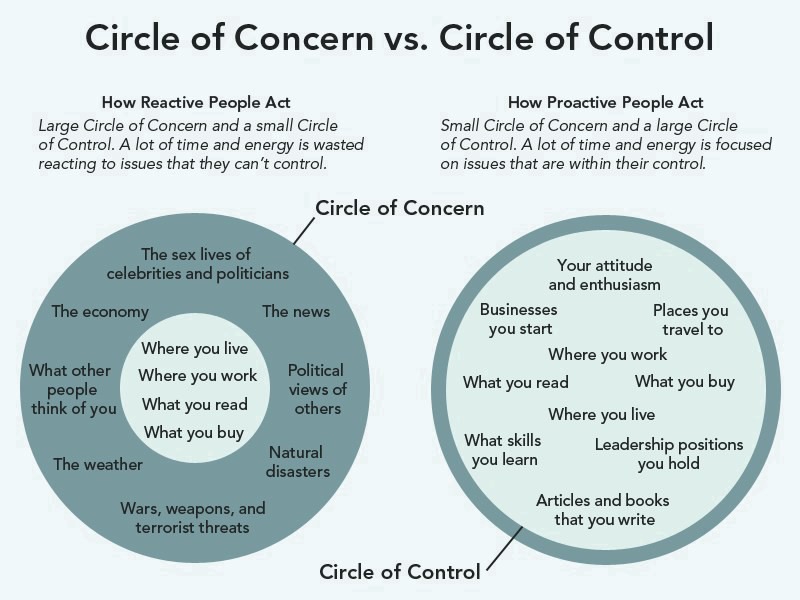
Hemant Prajapati
•
Techsaga Corporations • 1y
Hey Medial Fam !! 🌟 I'm excited to share my latest blog post on Medium about a topic that's close to my heart: The Importance of Emotional Intelligence in Leadership. 💼❤️ In this post, I dive into: 🔹 Understanding Emotional Intelligence (EQ) 🤔
See MoreDownload the medial app to read full posts, comements and news.




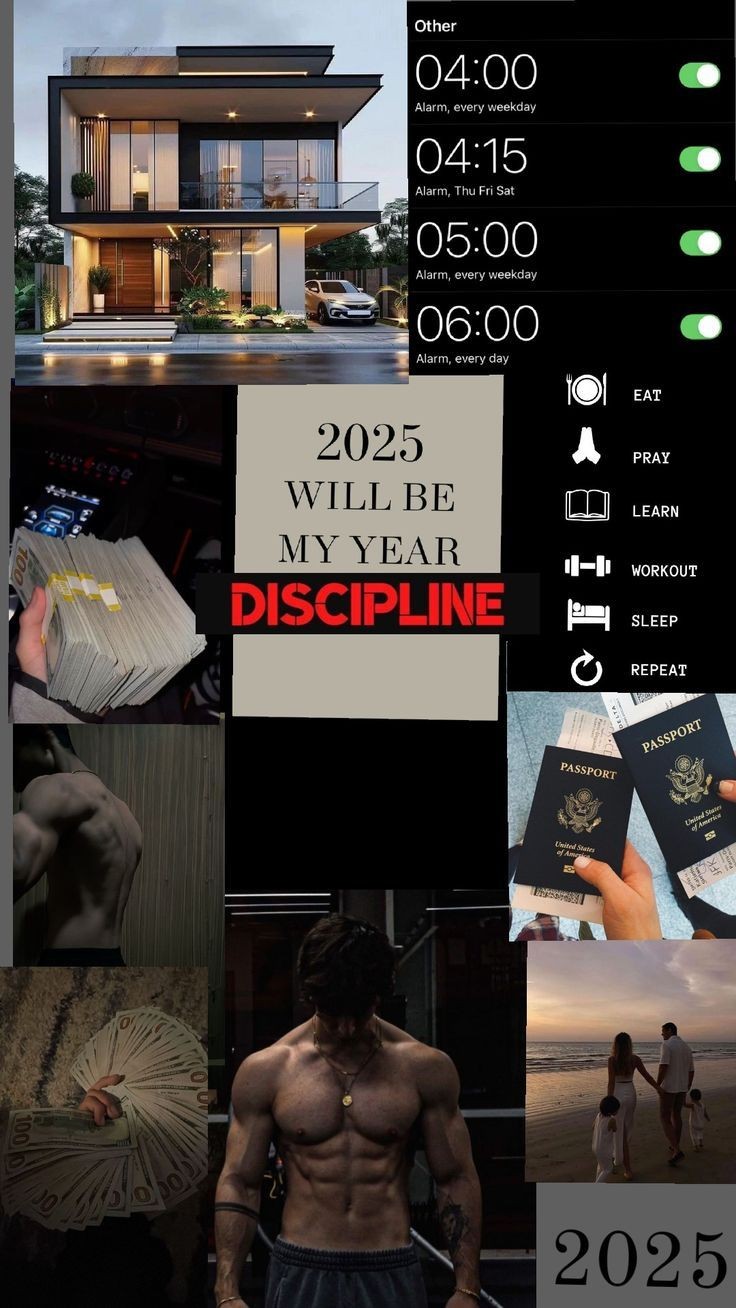

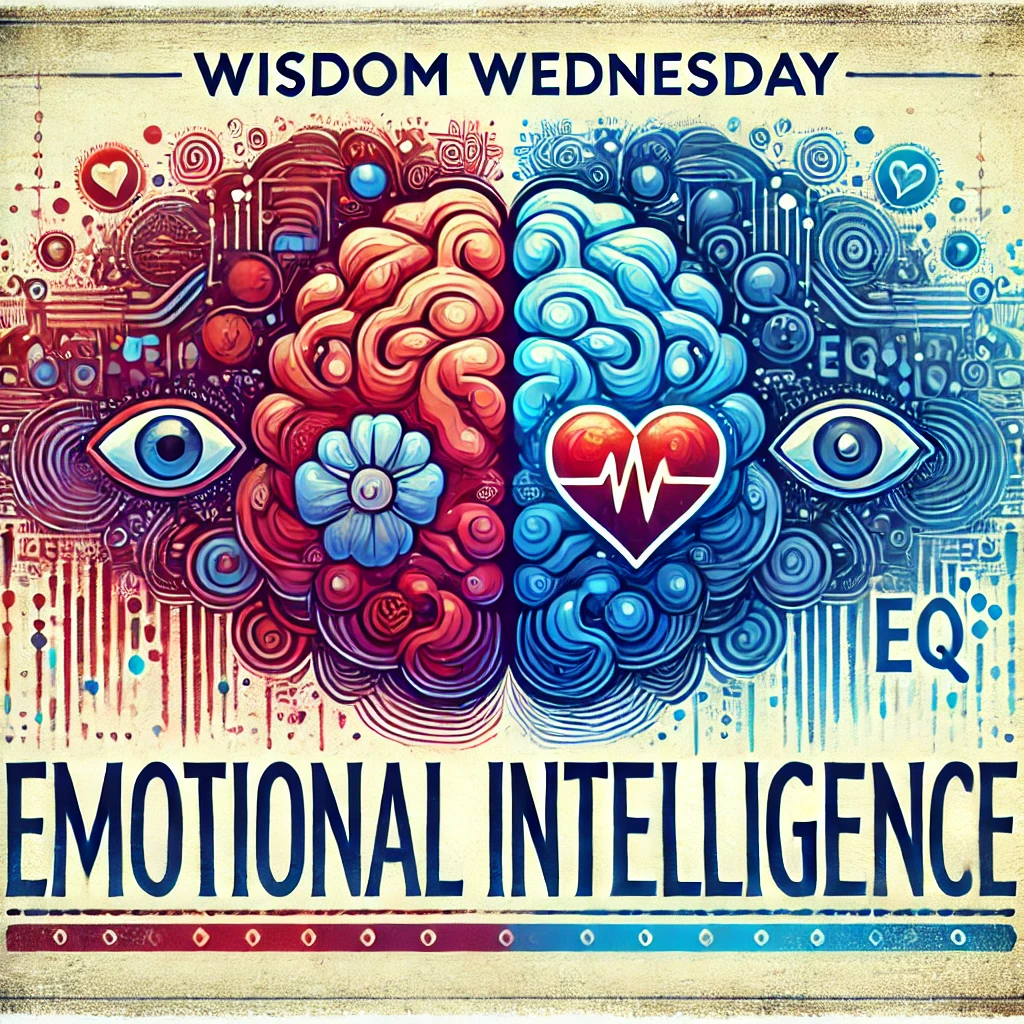


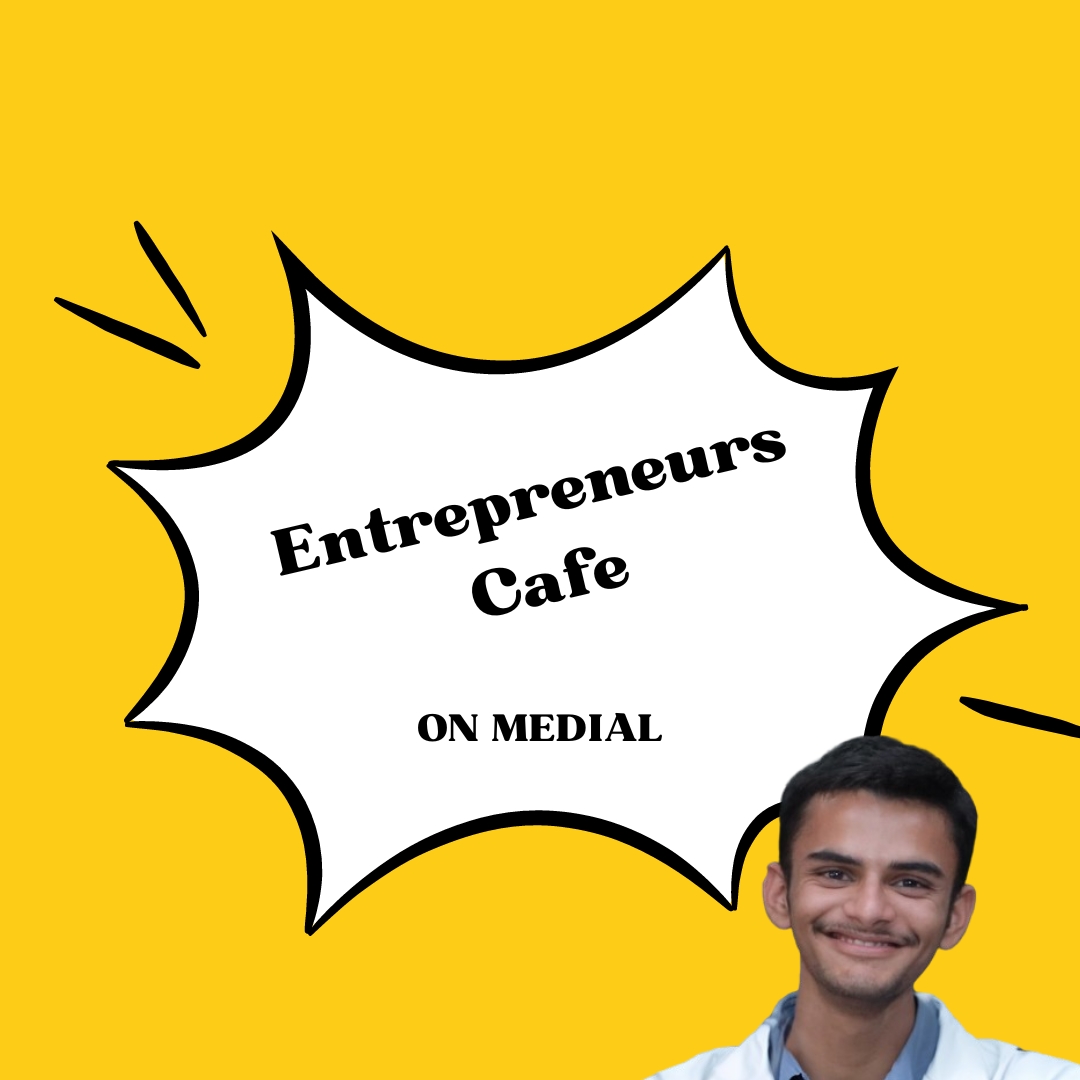
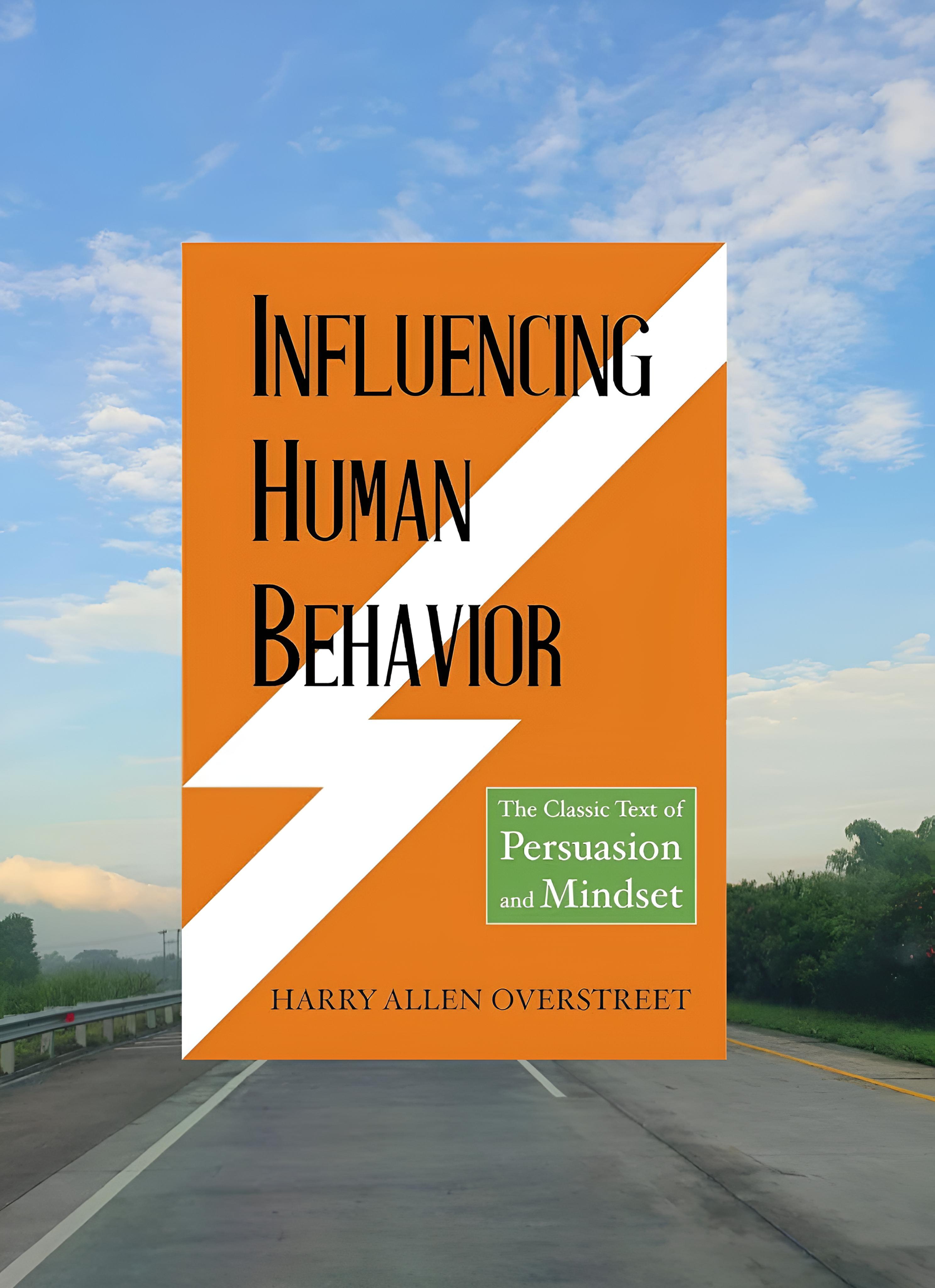


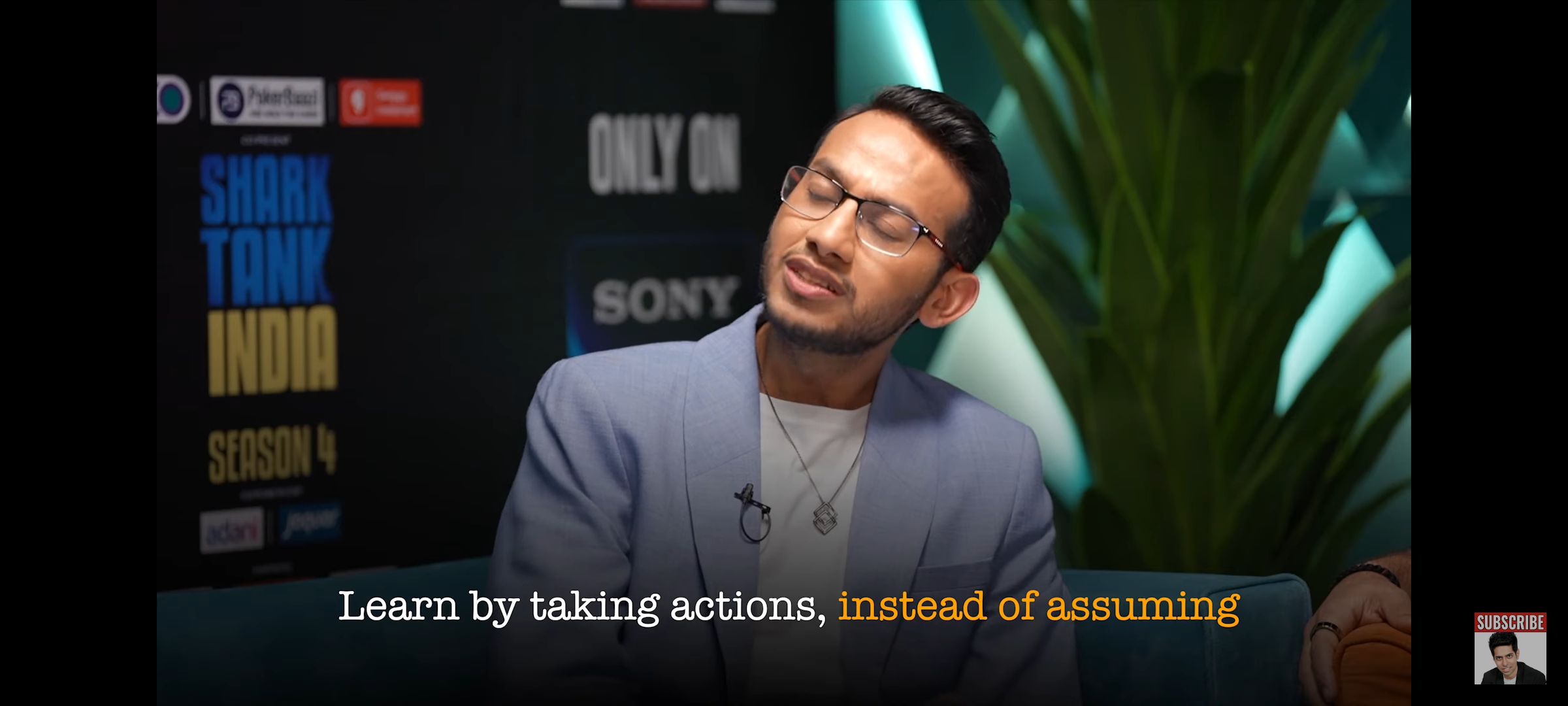



/entrackr/media/post_attachments/wp-content/uploads/2021/08/Accel-1.jpg)



















